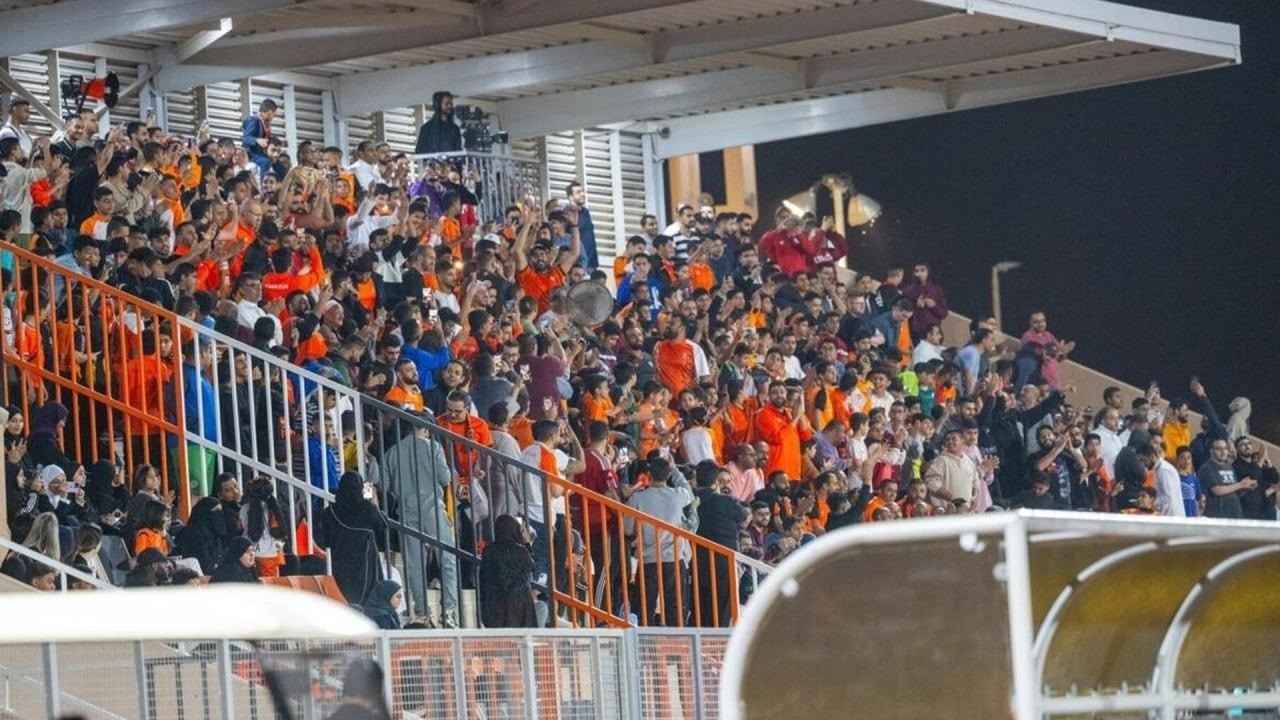On 27 March 2024 Amnesty International and eight other civil society organizations issued a joint statement condemning the arrest and prosecution of several supporters of a domestic football club in Saudi Arabia (Al Safa Football Club) for religious folklore chants during a match in January 2024. According to Human Rights Watch, those 12 football fans were recently sentenced from six months up to a year in prison by a Saudi court. Following these events, calls for the verdict to be squashed must be expressed, as urged by Human Rights Watch.
In this vein, in January 2024, a group of Al Safa Football Club fans were filmed peacefully chanting a Shia religious song celebrating the birth of Iman Ali, -a deeply revered figure by Shia Muslims-, at a football match that took place in the country’s Eastern Province. Based on the videos posted and spread on social media, in early February, Saudi police summoned and questioned 150 people in relation to the events, among them the 12 now-convicted football fans. Moreover, the charges held against them fell under the scope of the country’s Anti-Cybercrime law, which allowed for all 12 defendants to be charged with “undermining public order through the spirit of sectarian intolerance by passing sectarian content in places of public gathering and inciting social strife.” All of this following chants that were neither hostile nor insulting to anyone.
With that being said, there are two aspects in which one must delve in to understand the whole picture: one is the religious beliefs of the sentenced football fans, and two is the use of the Anti-Cybercrime law as an instrument of repression of citizens’ liberties.
Regarding the first question, it should be stated that the football supporters of Al Safa Football Club pertain to the Shia Muslim community, the Saudi Arabia’s largest religious minority that is concentrated in the previously mentioned province where the match took place and that has suffered long-standing systemic discrimination, hate speech and violence from the government. Therefore, this new aggression must be understood in the context of this much more general frame of injustice suffered by the community.
Secondly, when talking about the 2007 Anti-Cybercrime Law, it is unavoidable to characterize it, following Amnesty International, as an “abusive and vaguely worded” piece of legislation that has been used to crackdown on freedom of expression, conscience and religion. A law that mistakes protected forms of freedom of expression and association as “threats to national security”.
Lastly, it is worth noting that this harsh reality is what lies behind all the “sportswashing” efforts that the government of Saudi Arabia is pushing in order to improve the international perception of the kingdom by investing billions of dollars in the domestic and international sports industry. Being a bidder to host prestigious sports events is, -precisely-, part of a strategy to launder its image as a human rights violator: its offer to host the 2034 World Cup is an example of that. However, in light of the risks that exercising the right to freedom of expression could entail in the country, sports institutions, as expressed by the Saudi Arabia researcher at Human Rights Watch, should start to seriously question “whether their own fans might be arrested in Saudi Arabia”, more so if we take into account that, at the moment, the kingdom is the sole candidate willing to celebrate the aforementioned sports competition in its geography.
This case represents a new attack on human rights enshrined in international law, specifically freedom of expression, freedom of thought and freedom of belief, in Saudi Arabia. It is a new wrinkle in an unprecedented campaign of repression that has been carried out in recent years in the country that should be strongly condemned.

